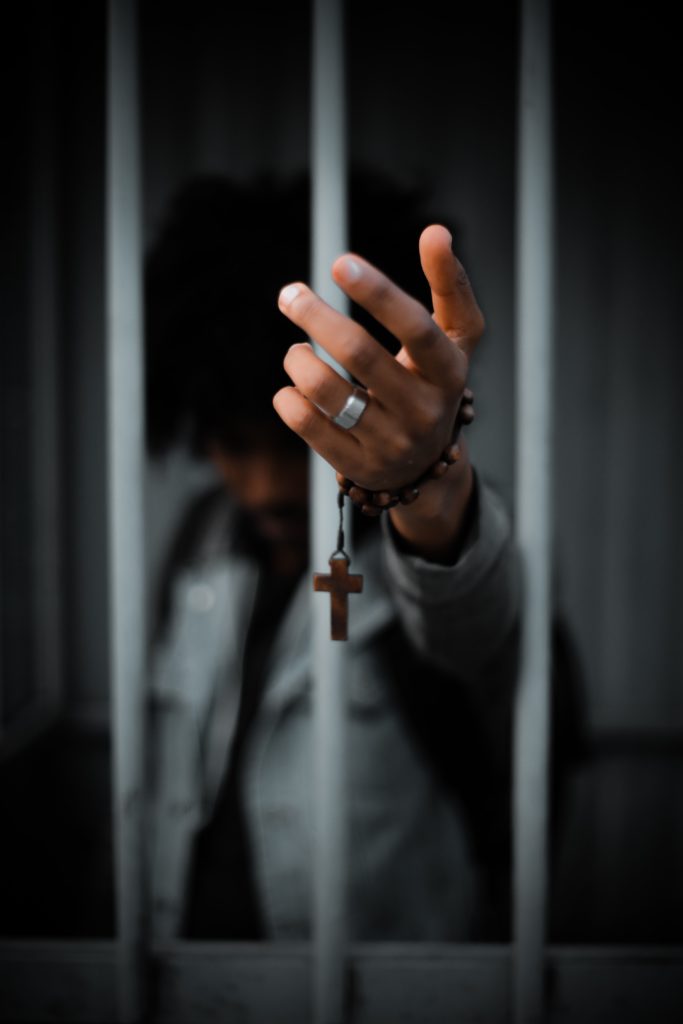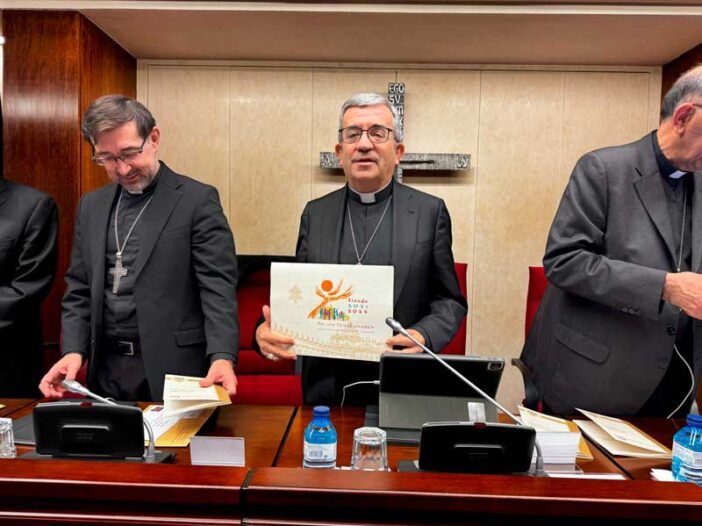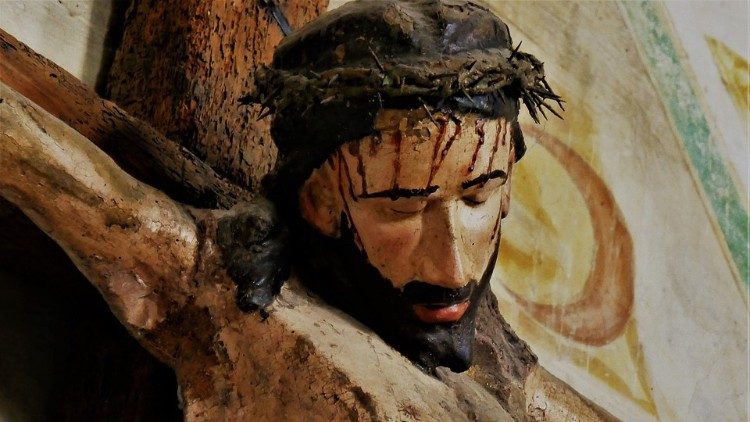US Bishops Praise Execution Moratorium
Statement by Archbishop Paul S. Coakley and Archbishop Joseph F. Naumann

US Bishops have praised the US government’s newly imposed federal execution moratorium.
On July 1, the U.S. Department of Justice announced that it was imposing a moratorium on federal executions and reviewing its policies and procedures regarding the use of the death penalty. In response, Archbishop Paul S. Coakley of Oklahoma City, chairman of the U.S. Conference of Catholic Bishops’ (USCCB) Committee on Domestic Justice and Human Development, and Archbishop Joseph F. Naumann of Kansas City in Kansas, chairman of the USCCB’s Committee on Pro-Life Activities, issued the following statement:
“The Catholic Church has consistently taught that every person is created in the image and likeness of God, and for this reason we consistently uphold the sacred dignity of all human life. The U.S. bishops have also long called for an end to the death penalty, and we do so in unity with Pope Francis who has also advocated for an end to capital punishment globally.
“The news of the Department of Justice’s moratorium on federal executions is a welcome step, and we must also tirelessly continue to advocate for the abolition of the death penalty from both our state and federal laws as we build a culture of life.
“As we bishops have stated many times, God created and loves every person, and we should respond to this love with reverence for the dignity of every human life, no matter how broken, unformed, disabled, or challenged that life may seem.”
Previous statements by the bishops, as well as letters to lawmakers and information on capital punishment may be found at: https://www.usccb.org/committees/domestic-justice-and-human-development/death-penalty-capital-punishment.
A 2018 revision to the Catechism of the Catholic Church provides the following:
2267. Recourse to the death penalty on the part of legitimate authority, following a fair trial, was long considered an appropriate response to the gravity of certain crimes and an acceptable, albeit extreme, means of safeguarding the common good.
Today, however, there is an increasing awareness that the dignity of the person is not lost even after the commission of very serious crimes. In addition, a new understanding has emerged of the significance of penal sanctions imposed by the state. Lastly, more effective systems of detention have been developed, which ensure the due protection of citizens but, at the same time, do not definitively deprive the guilty of the possibility of redemption.
Consequently, the Church teaches, in the light of the Gospel, that “the death penalty is inadmissible because it is an attack on the inviolability and dignity of the person”,[1] and she works with determination for its abolition worldwide.
Related

“The priest finds his reason for being in the Eucharist”
Fundación CARF
01 April, 2025
5 min

Family Valued: An international appeal for the family
Exaudi Staff
01 April, 2025
2 min

Bishop Luis Argüello Addresses the Challenges of the Church in Spain
Exaudi Staff
01 April, 2025
2 min

THE WAY OF THE CROSS: Accompanying Jesus on the way to the Cross
Luis Herrera Campo
31 March, 2025
5 min
 (EN)
(EN)
 (ES)
(ES)
 (IT)
(IT)

